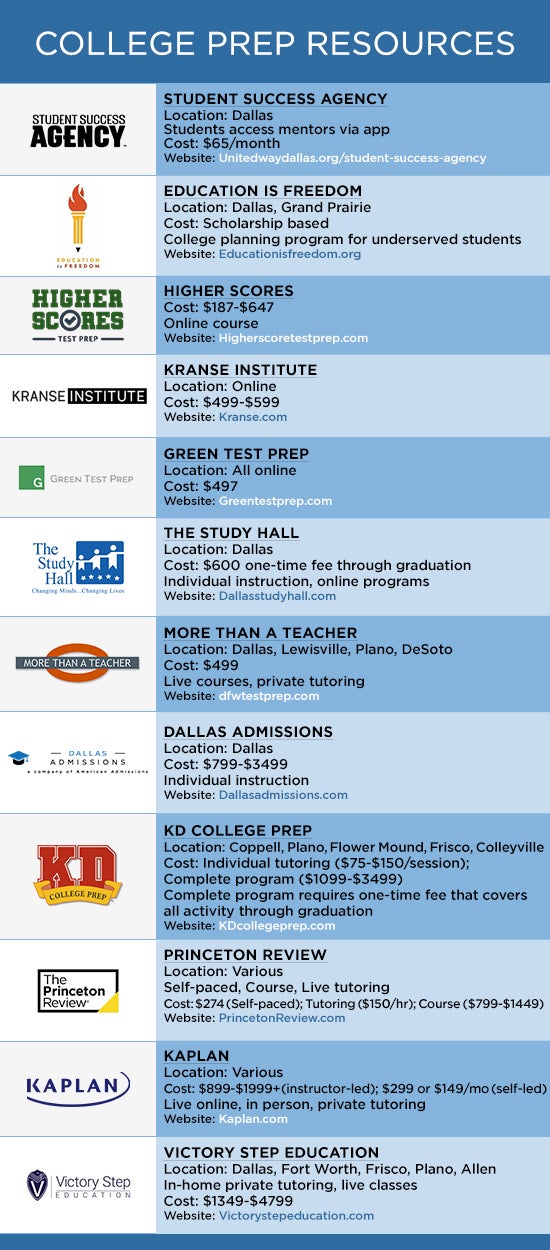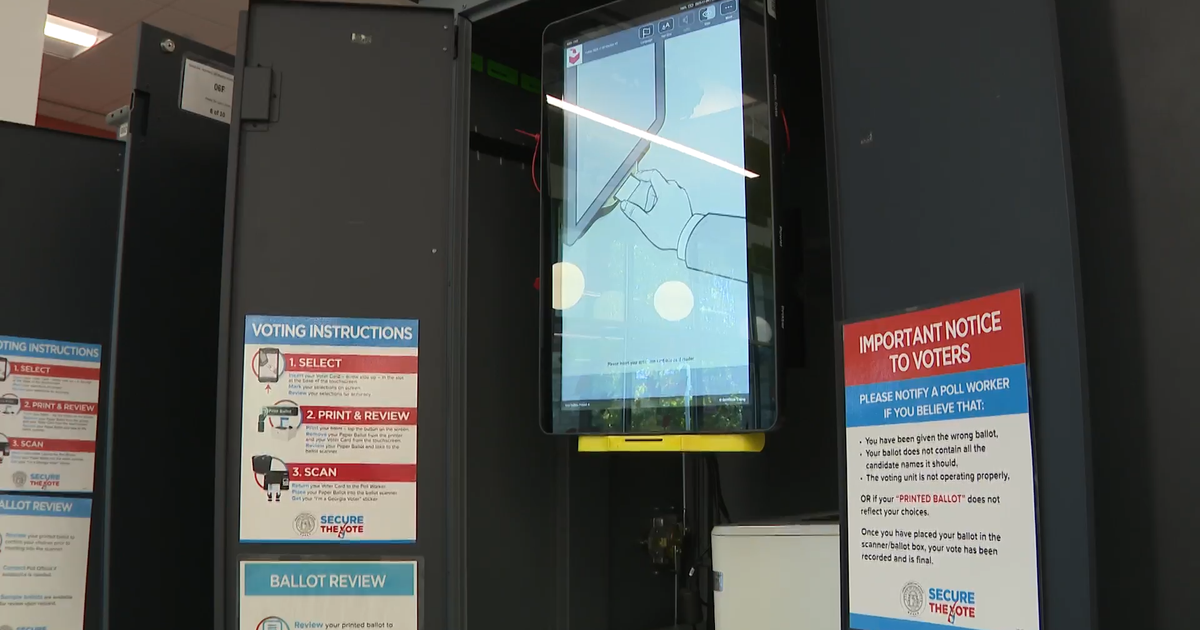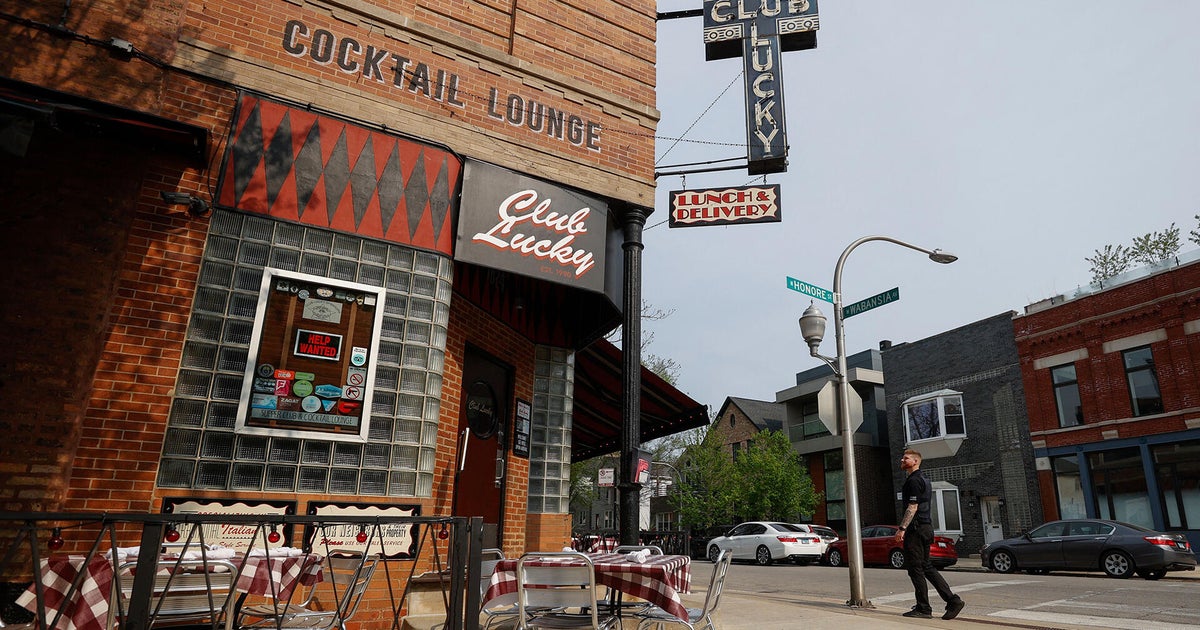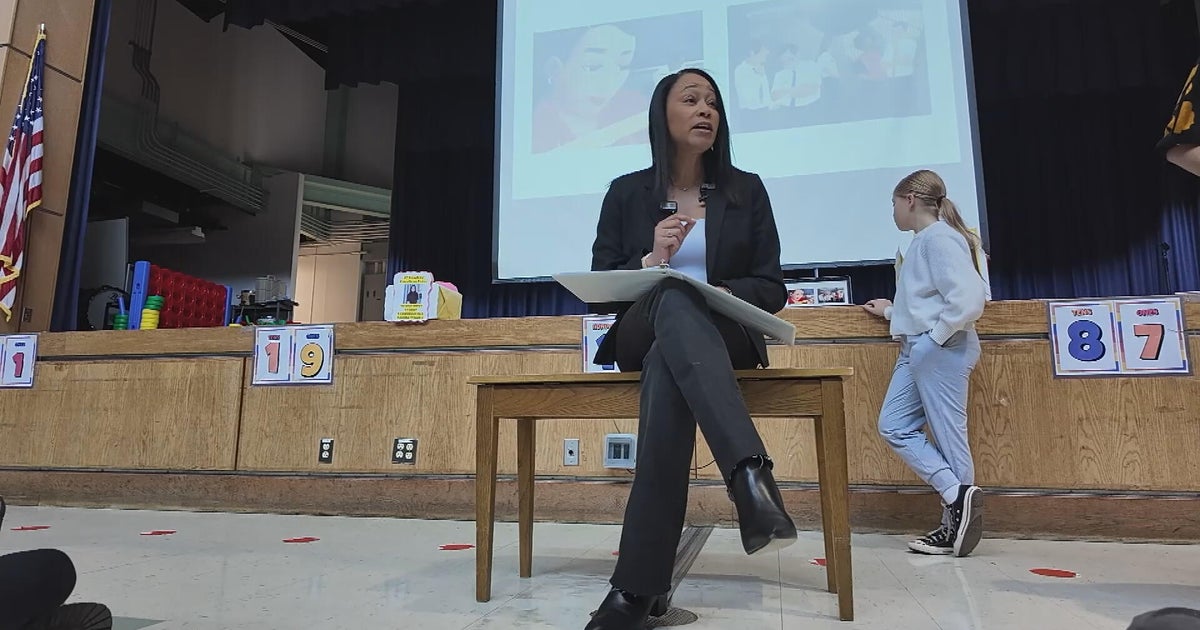Insiders Share Tips On Navigating The College Admissions Process: 'What's Really Important'
FORT WORTH (CBSDFW.COM) - It was the cheating scandal that rocked the nation and resembled a plot straight out of a movie.
"Operation Varsity Blues" found wealthy parents rigging the system to get their kids into elite universities.
The Ones for Justice is pulling back the curtain on what it really takes to get into college in 2019.
You don't need to be a multi-millionaire for your child to get into a good university.
Insiders are sharing pointers on how to stand out in the admissions process without breaking the bank or the law.
Billion-Dollar Industry Shrouded In Secrecy
When when she's not visiting colleges, high school junior Emily Claire McInnis says she is studying.
"I'll meet on Mondays and Tuesdays for SAT and then Wednesday and Thursday for ACT," McInnis said. "So I'm kinda doing a lot."
The teenager finds herself in the early stages of the gauntlet known as the college admissions process.
McInnis is putting in work, which is an option often overlooked amid the biggest cheating scandal in history.
"What this scandal has shined a light on is the fetishization of college," said Heath Einstein, the Dean of Admissions for Texas Christian University. "It's really about taking a look in the mirror as a culture and discovering, 'OK, what's really important?'"
Einstein helps choose which students gain admission and which students do not. He said too often, applicants fall for a myth.
"There's a myth perpetuated for many years to students about what we're looking for, and that is we want to see well-rounded students," Einstein said. "That's not entirely true."
Forget juggling many extracurricular activities. Einstein said what stands out is the angular student, which is someone who excels at one or two passions.
"Those are who jump off the page at us," Einstein said.
That means having honest conversations before the application process begins. Einstein advises to pursue what you love and forget the rest.
"The advice I give students to make a list of everything they have done throughout high school," Einstein said. "Circle the items that have meaning for them. Cross out the things mom or dad suggest would look good on an application."
For certain schools, legacy can often play a role in deciding who gains admission into a school.
A spokeswoman for TCU says while students whose family members attended TCU are admitted at a slightly higher rate than other students, legacy students comprise less than nine percent of all applicants to the university.
TCU, along with Southern Methodist University, are among universities across Texas reviewing admissions after the federal investigation broke up an admissions bribery scheme in March.
TCU previously released the follow statement about the internal review:
"Texas Christian University has confidence in the integrity of our admissions practices and remains committed to enrolling an academically talented and diverse class. The university, like many other universities, is using this situation to review our admissions process to determine if there is an opportunity to strengthen it. Specifically, TCU is examining best practices for ways to identify and address suspicious or unreliable academic credentials, as well as considering methods to independently verify special talents and abilities that may be considered in the admissions process."
The overall acceptance rate at TCU for Fall 2017 was 41 percent, according to U.S. News & World Report.
But Einstein said the easiest way to stand out is the college essay.
"This is an opportunity for the student to share in their own words what they want us to know about them," Einstein said.
Jean Burk lives by a different philosophy. She said test scores are the keys to opening doors.
"If you get high enough scores, it's kind of like the golden ticket to college," Burk said.
Burk runs College Prep Genius, an SAT course that offers in-person and online classes.
In a world where students hail from different backgrounds, Burk said test scores can be an equalizer.
"The SAT is the only numerical component equivalent to all applicants," Burk said.
She said certain strategies can help anyone beat the test.
Practice timing
Burk said almost every question can be solved in under a minute. If you don't know the answer, move on and revisit the question later.
Practice sitting for the entire length of the exam
Follow the actual time limits for every section. Simulate the conditions of your test day, including the time in which you take the exam, what you'll eat for breakfast, even your outfit.
Start studying early
Give yourself at least three months to prepare. Burk said most students need more time.
"You gotta do the work, there is no instant success," Burk said. "You can't shortcut the shortcut."
If you decide to pursue tutoring to prepare for the SAT or ACT, Burk said there are several factors to consider.
Burk said when choosing a prep course, parents should keep in mind three things:
-Does course use real questions from past tests?
-Ask about a money-back guarantee if scores do not improve.
-Choose a program that teaches test strategies and content.
Knowing the content, such as vocabulary and math fundamentals, is key. But learning how to improve timing and recognize patterns can also boost scores.
WATCH BEHIND THE LENS
Some resources are absolutely free.
Online, Khan Academy offers eight full-length SAT practice tests, in addition to exercises.
Taking the ACT? Its website offers free study guides.
Test prep programs across DFW run the gamut, costing anywhere between $130 and $4,700, depending on the course. Some options also provide scholarship opportunities.
The Ones for Justice compiled a list of multiple local and national courses available to students.








